In every area of life, communication can do miracles, it can be a deal-maker or a deal-breaker to you. This soft skill works to deepen personal relations, crack business deals, or aim to become an influential public speaker. It’s a fact that more you read, the more you will excel the art of communication. If you wish to amaze people with your communication skills, whether personally or professionally, some best books can help you to excel in this art. This article will make you familiar with those books that will help you understand what communication is.
Here are ten best books for communication skills:
1. “How to Win Friends and Influence People” by Dale Carnegie
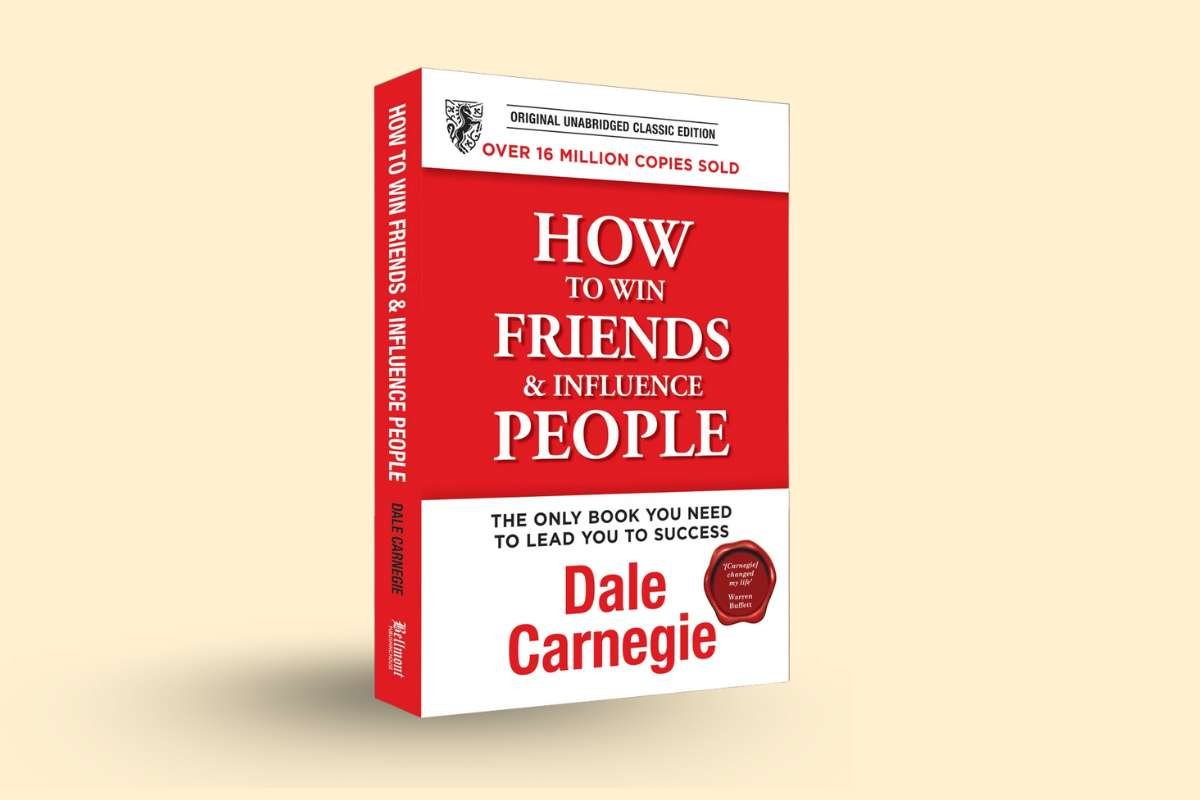
First published in 1936, this timeless classic remains one of the best books for communication skills. Dale Carnegie’s book has helped millions understand the power of empathy, active listening, and persuasive language. With advice like “Talk in terms of the other person’s interests” and “Give honest and sincere appreciation,” this book teaches the foundational elements of interpersonal communication that are still relevant in today’s digital age.
2. “Crucial Conversations: Tools for Talking When Stakes Are High” by Kerry Patterson, Joseph Grenny, Ron McMillan, and Al Switzler
Whenever emotions run high and opinions vary, communication can quickly break down. “Crucial Conversations” offers tools to handle these difficult discussions with grace and confidence. Through real-world examples and actionable strategies, this book empowers readers to speak persuasively, not abrasively, and listen effectively. It’s one of the best books for communication skills in high-pressure environments.
3. “Talk Like TED: The 9 Public-Speaking Secrets of the World’s Top Minds” by Carmine Gallo
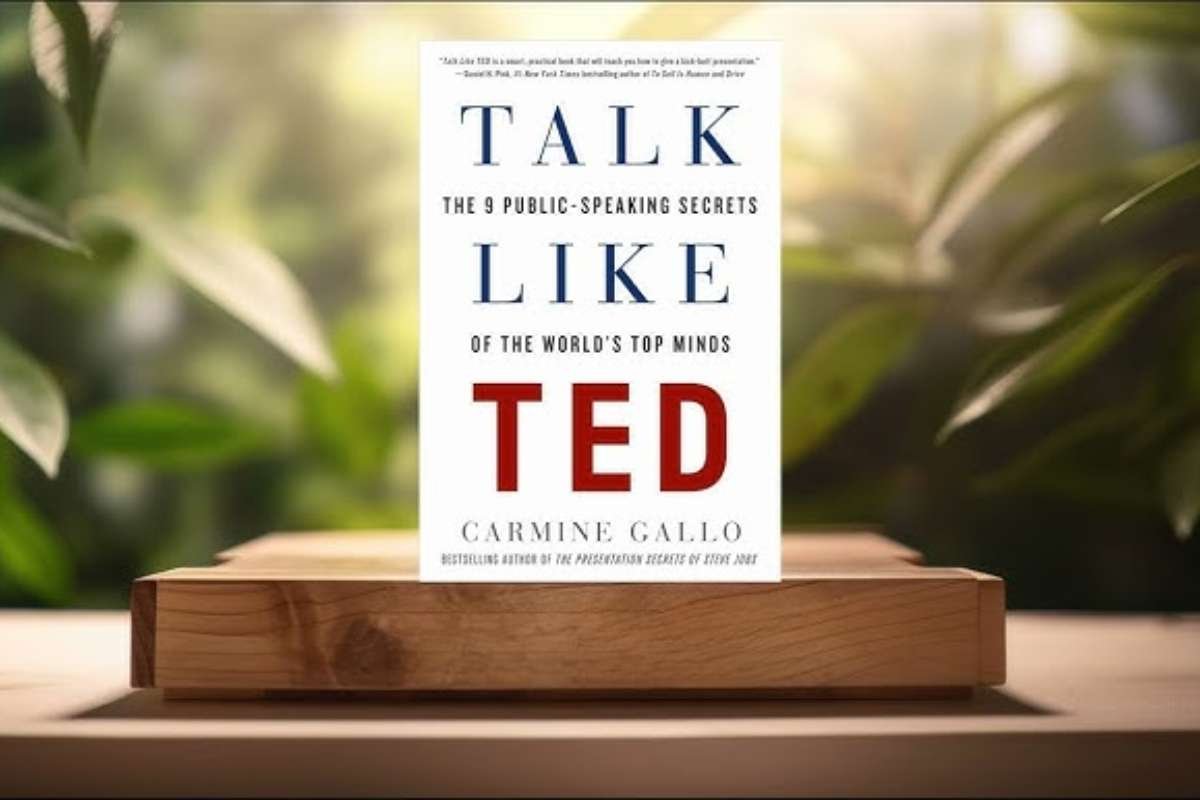
If you’re looking to captivate an audience, whether in a boardroom or on stage, “Talk Like TED” is a must-read. Drawing from some of the most successful TED Talks, Carmine Gallo breaks down what makes a presentation memorable and effective. From storytelling and passion to body language and voice modulation, this book is among the best books for communication skills focused on public speaking and presentation mastery.
4. “Never Split the Difference: Negotiating As If Your Life Depended On It” by Chris Voss
Former FBI hostage negotiator Chris Voss brings a new dimension to communication with this gripping and tactical guide to negotiation. “Never Split the Difference” explores how listening, emotional intelligence, and subtle psychological strategies can be more effective than aggressive bargaining. It’s particularly valuable for professionals who deal with high-stakes negotiations. This book easily earns its place among the best books for communication skills, especially for those in business, sales, or leadership.
5. “Difficult Conversations: How to Discuss What Matters Most” by Douglas Stone, Bruce Patton, and Sheila Heen
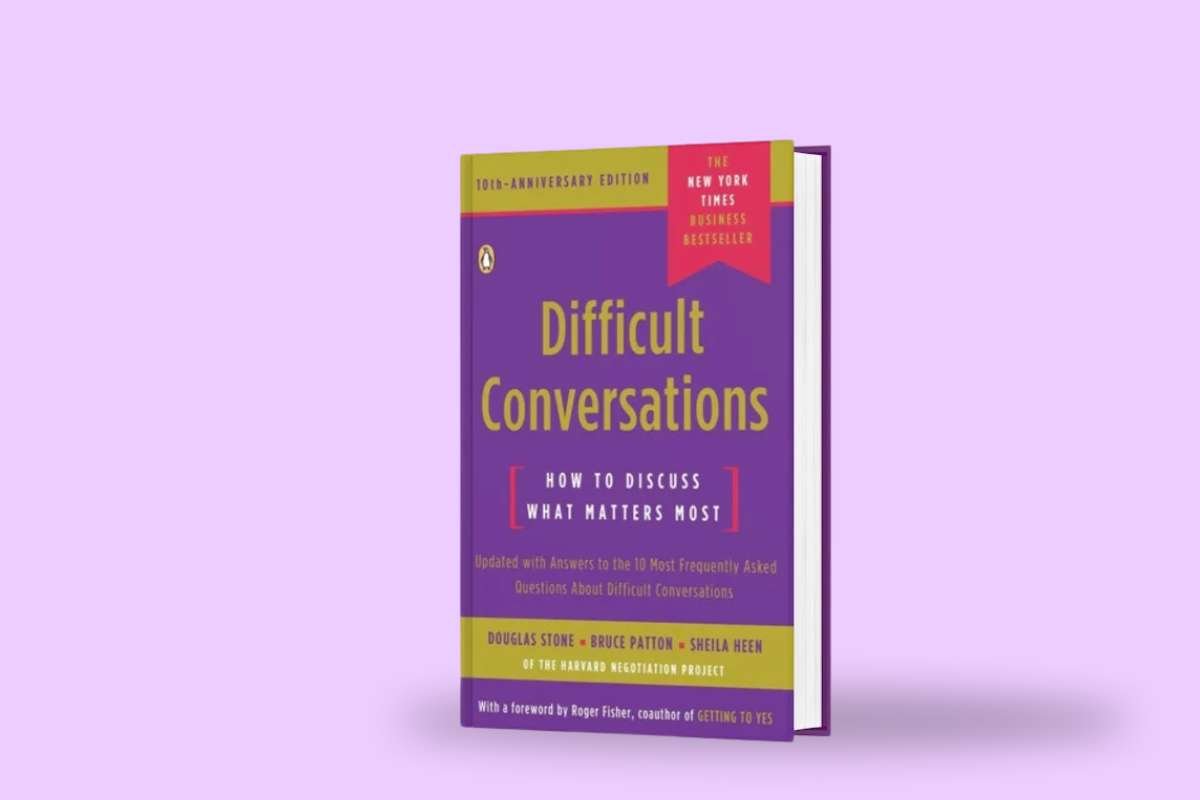
From confronting a co-worker to discussing sensitive topics with loved ones, “Difficult Conversations” helps readers approach tough topics without defensiveness or misunderstanding. Developed by members of the Harvard Negotiation Project, this book provides a framework for handling conflict while preserving relationships. For anyone who wants to improve empathy and clarity, it’s one of the most insightful best books for communication skills available today.
6. “The Art of Communicating” by Thich Nhat Hanh
Buddhist monk and peace activist Thich Nhat Hanh brings a spiritual and mindful perspective to communication. “The Art of Communicating” delves into how deep listening and loving speech can foster healing and understanding. It’s a reminder that communication is not just about what we say but how we say it and the intention behind it. This makes it one of the more unique best books for communication skills, particularly for those seeking inner peace and meaningful connections.
7. “Everyone Communicates, Few Connect” by John C. Maxwell
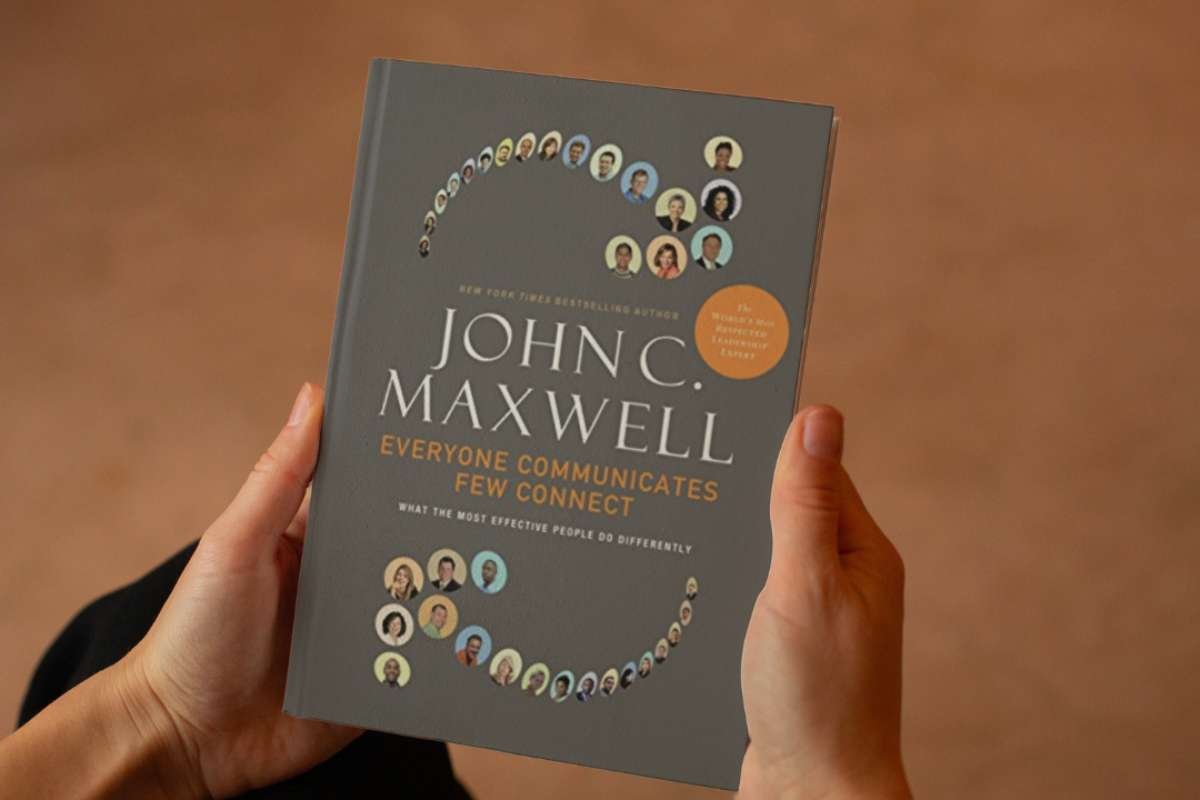
Leadership expert John Maxwell explains the crucial difference between communicating and truly connecting with others. This book offers valuable lessons on how to engage people emotionally and build rapport. Whether you’re leading a team, networking, or giving a speech, connecting is what makes your message stick. Among the best books for communication skills, this one focuses heavily on influence and leadership dynamics.
8. “Made to Stick: Why Some Ideas Survive and Others Die” by Chip Heath and Dan Heath
While not exclusively about verbal communication, “Made to Stick” is a powerful read for anyone looking to make their ideas more memorable. The authors explain how to craft messages that resonate by using principles like simplicity, emotion, and storytelling. This book is a favorite among marketers, educators, and entrepreneurs, and it deserves a spot on any list of the best books for communication skills for its focus on impactful messaging.
9. “On Becoming a Person” by Carl Rogers
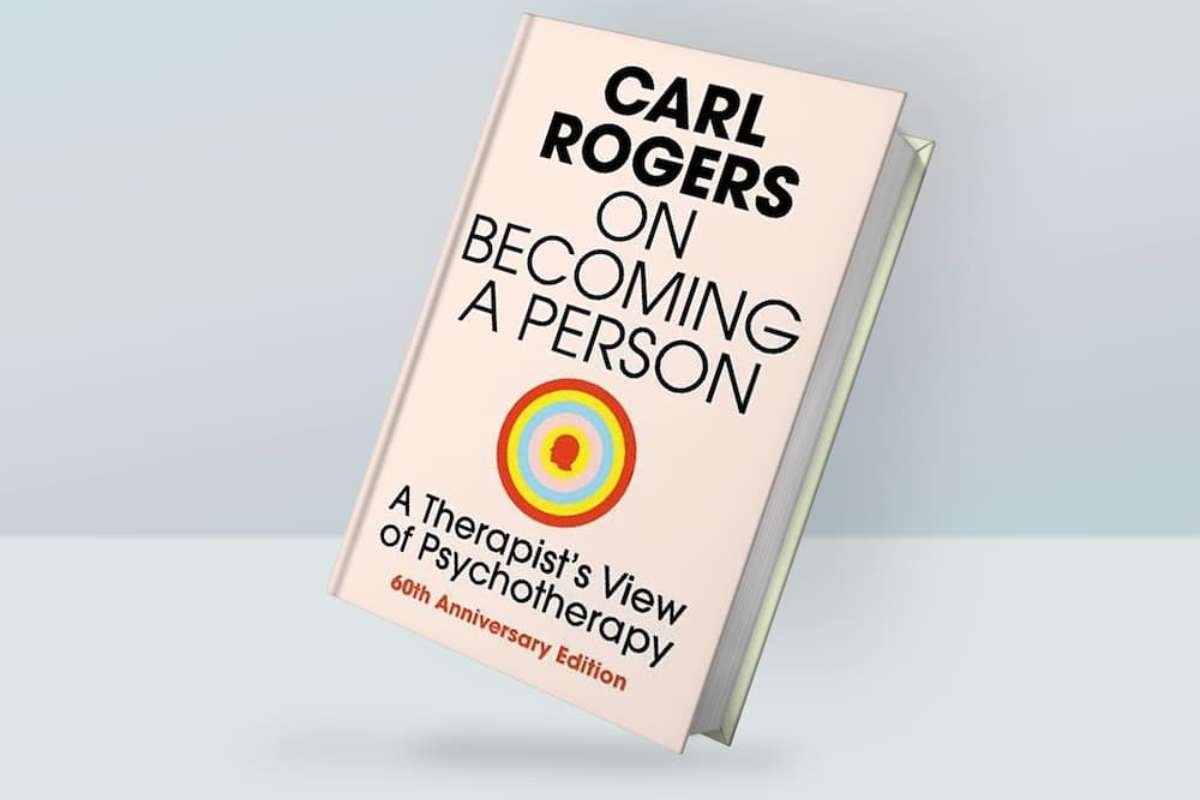
One of the founding figures of humanistic psychology, Carl Rogers, explores the importance of authenticity, empathy, and active listening in personal and professional growth. Though more academic in tone, this book offers profound insights into how truly listening to others can transform relationships. It’s a deep dive into the psychology of communication and arguably one of the most philosophical entries among the best books for communication skills.
10. “Words That Work: It’s Not What You Say, It’s What People Hear” by Dr. Frank Luntz
Dr. Luntz, a political consultant and pollster, reveals how the right choice of words can shape public opinion and emotional response. The book emphasizes that communication success depends more on how a message is received than how it is intended. This is one of the best books for communication skills for anyone involved in branding, politics, media, or persuasion-based professions.
Conclusion
Excellent communication skills will create wonders and give you lifetime benefits. These 10 titles provide you enough understanding to listen and speak, and influence more effectively. The best books for communication skills can do transformations in your perspective and approach to human interaction. One thing to keep in mind is that only getting knowledge is not enough, but it has to be implemented as well. Practice what you read. Experiment with new techniques. Reflect on past conversations and prepare for future ones. Communication, at its core, is about connection, and with the right resources, you can become not just a good communicator but a great one.











